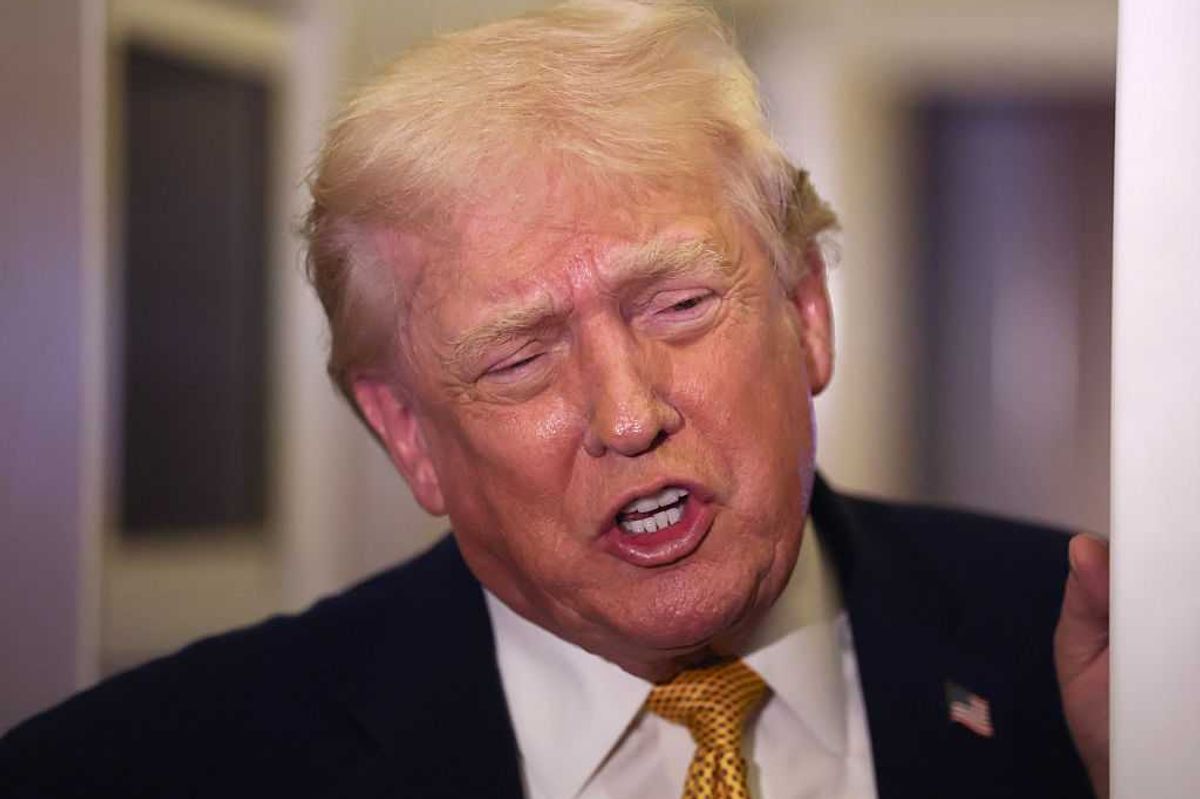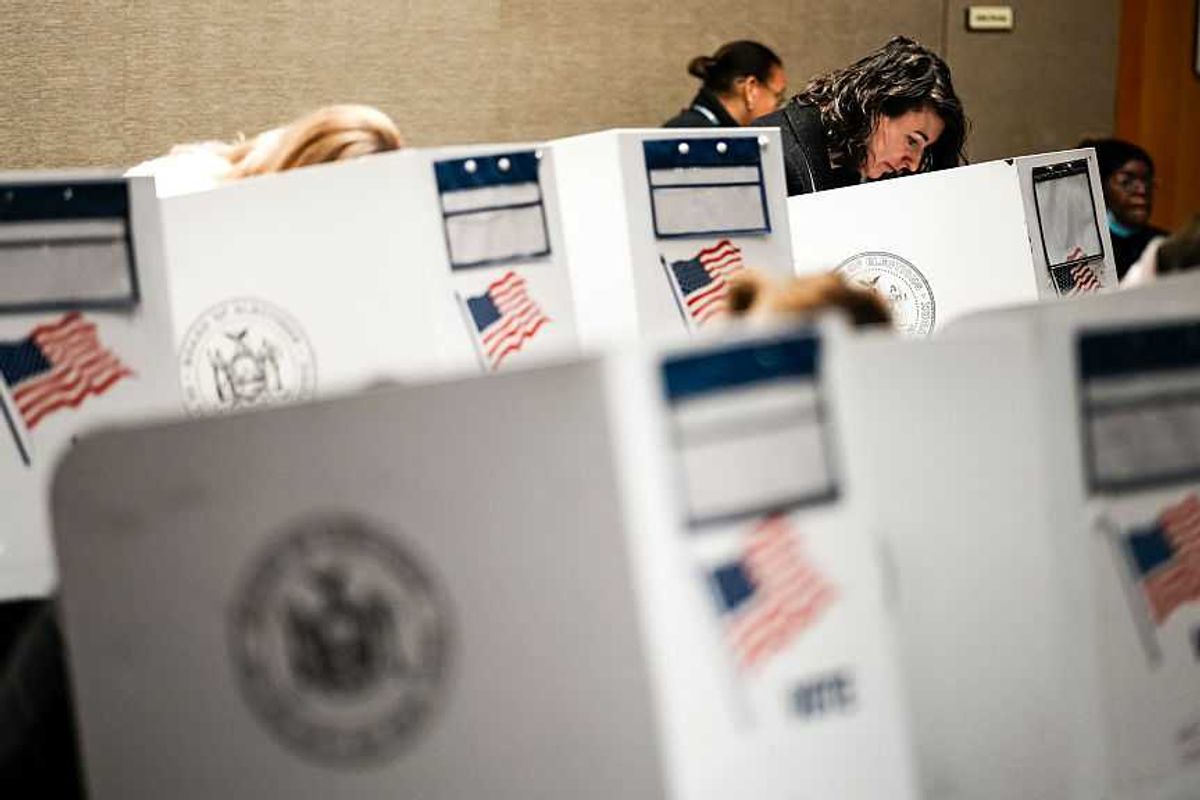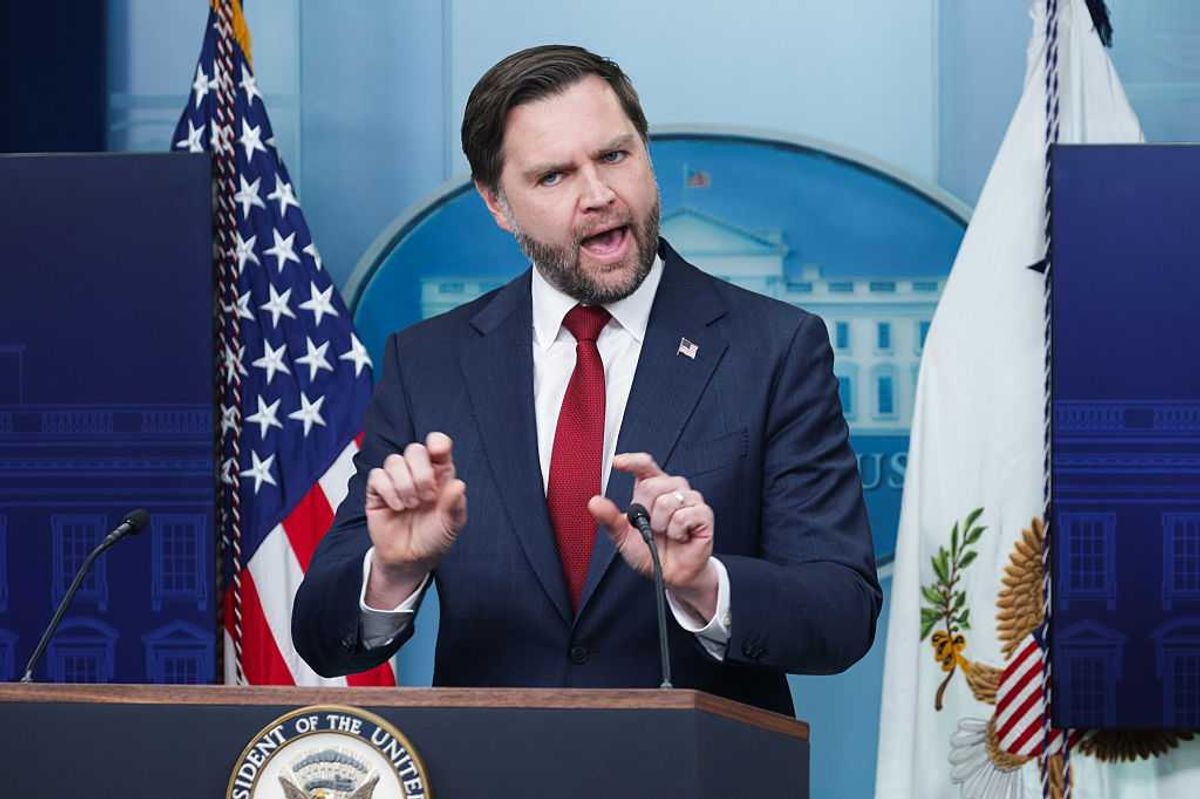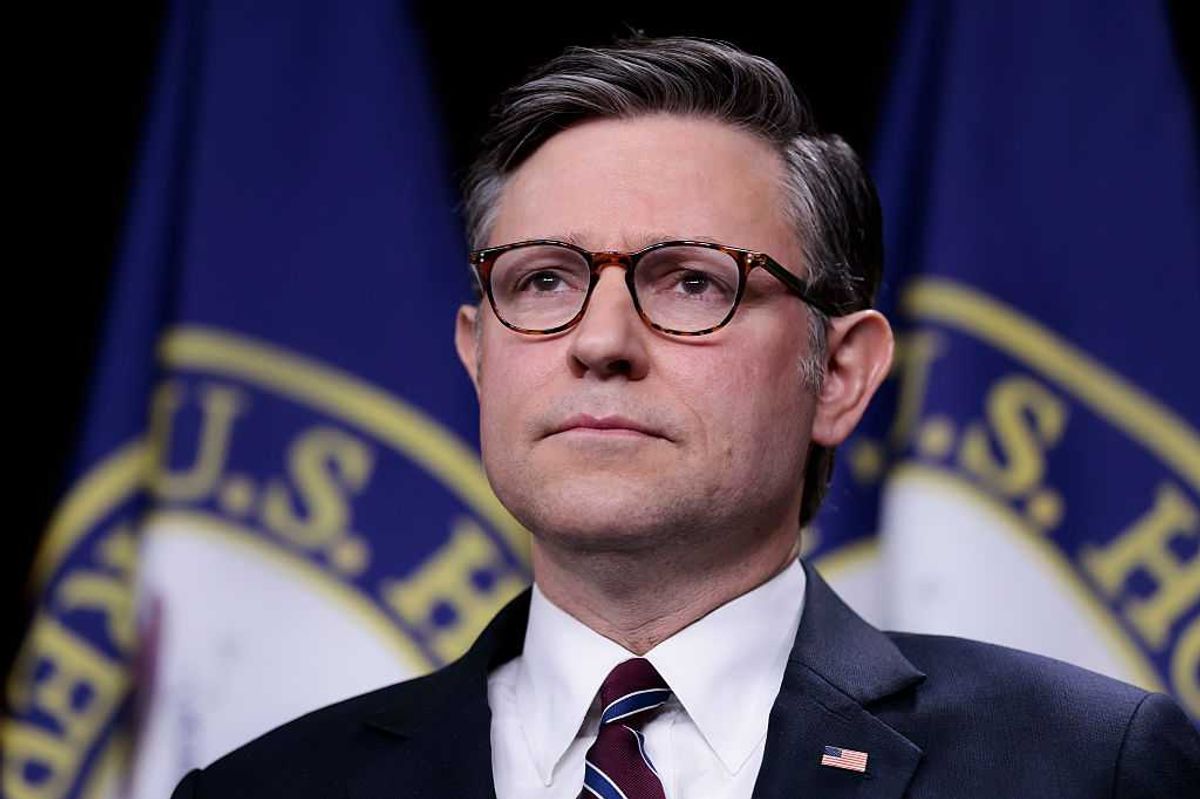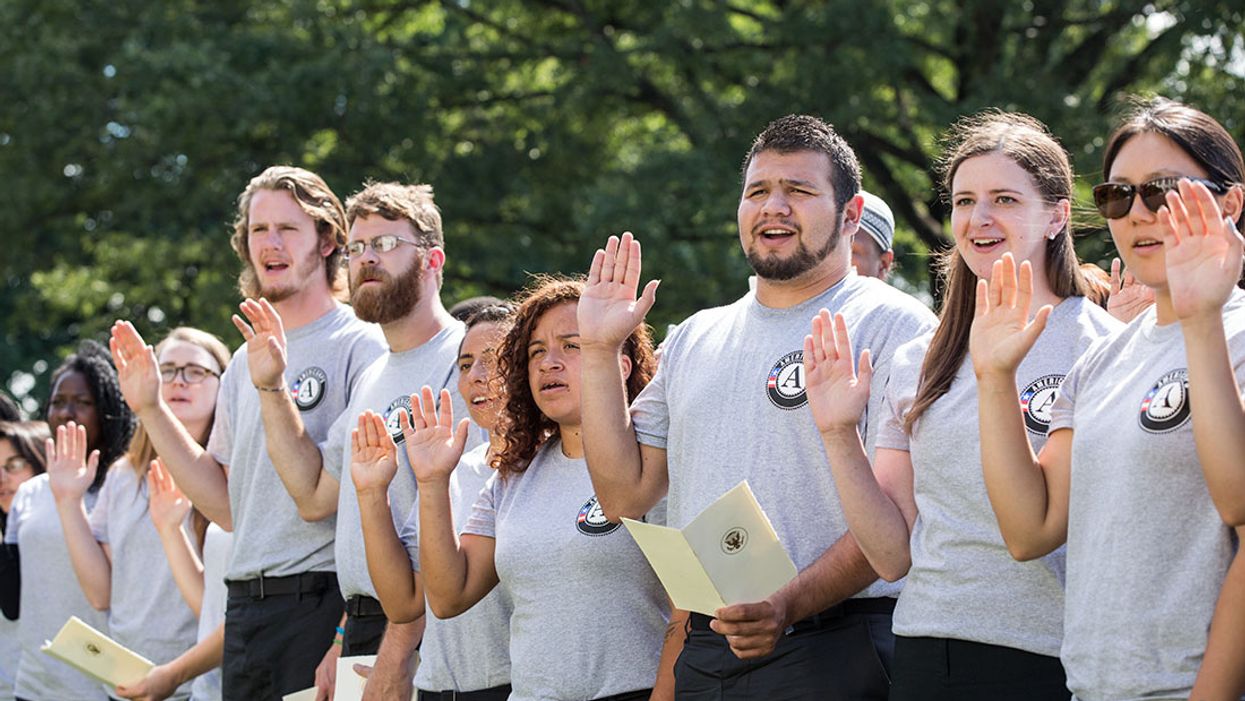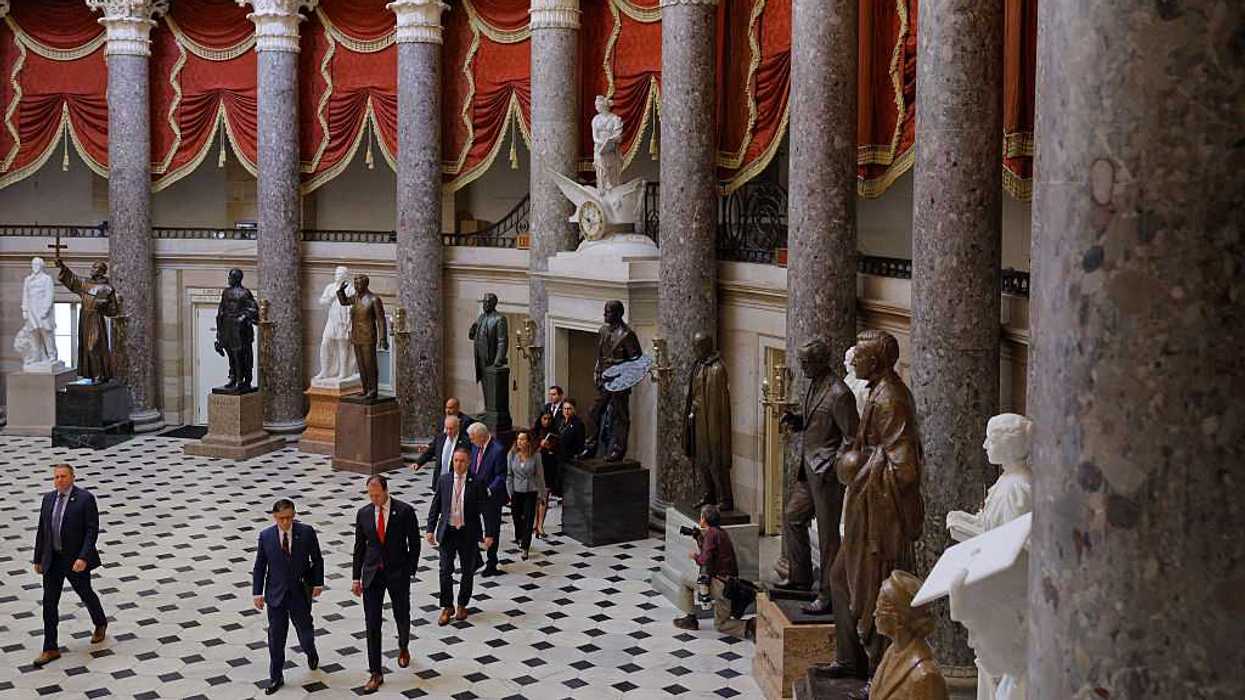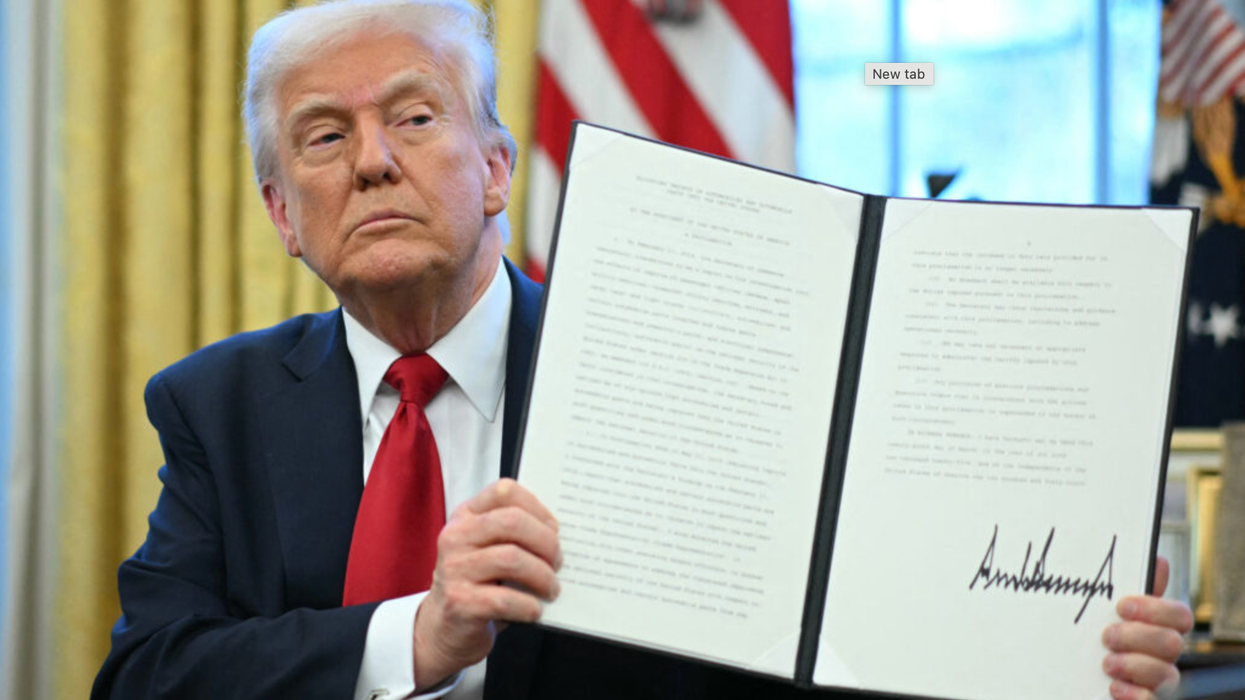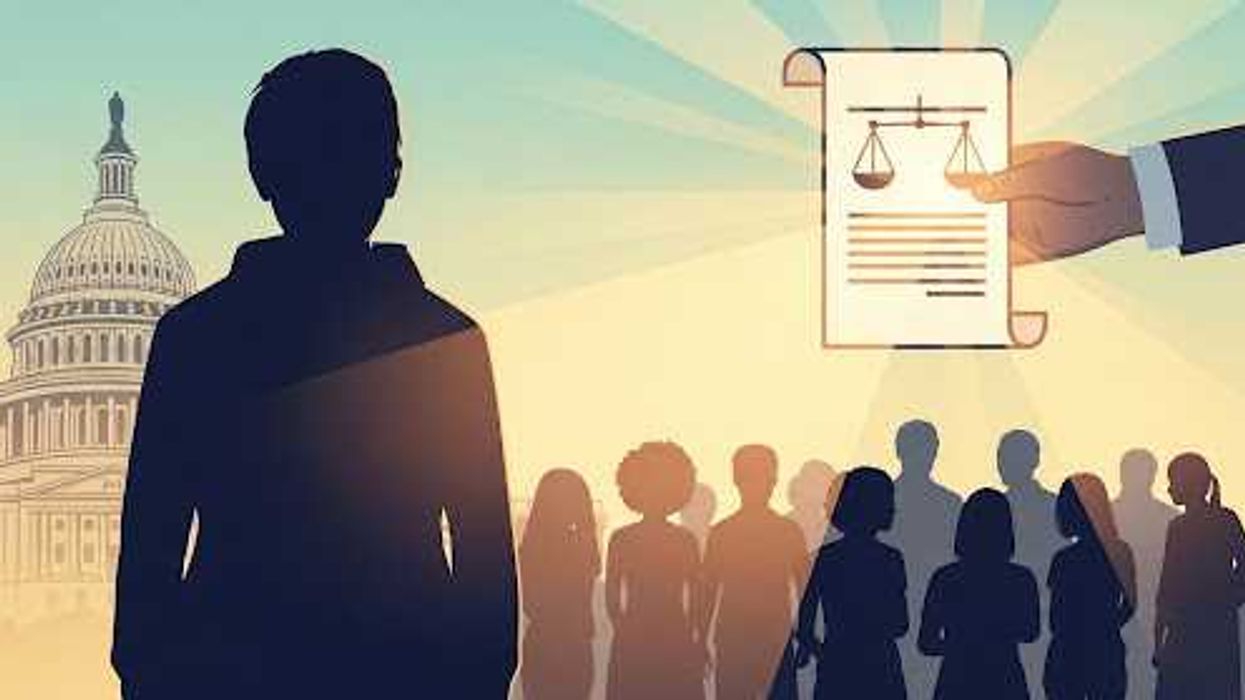Slater runs Youth on Their Own, which helps homeless teenagers in Tucson stay in school. She is a fellow of the OpEd Project, a nonprofit that promotes more diversity among thought leaders .
National service programs are uniquely poised to address the significant challenges we face at this moment in our country's history.
These community service efforts address public priorities so effectively that an unusually bipartisan group of senators — nine Republicans and eight Democrats — have signed on to legislation that would significantly expand national service programs over the next three years. More than 150 public health and service programs have already announced their support. In the first year alone, the number of national service members could double in size — from 75,000 to 150,000 — to advance crucial efforts that address the economic and health crises facing the nation due to Covid-19.
Americans have a stunning track record of responding to calls to action in times of crisis — and at the same time elevating the national sense of civic engagement, something sorely needed when so many Americans find the state of our democracy so dispiriting that they have simply tuned out.
Channeling that goodwill into meaningful work, however, requires a coordinated effort.
National service programs have shown to be uniquely suited for this kind of organized domestic response, beginning with the Civilian Conservation Corps and the Works Progress Administration established in the 1930s as part of the New Deal. Not only did these programs put millions of unemployed Americans to work, their service members contributed to national priorities that led us out of the Great Depression.
National service organizations continue to do critical work today. Presently, members of the FEMA Corps provide disaster response throughout the country, and current AmeriCorps and Senior Corps members administer a wide range of services from supporting students in under-resourced schools to physically improving blighted neighborhoods to helping veterans connect to jobs and health care. These programs help our communities address their most pressing challenges.
As a former AmeriCorps member, I've witnessed — and experienced — the transformational power of national service firsthand.
During my AmeriCorps tenure I tutored middle school students in Philadelphia, ran an after-school program in Boston and coordinated a weekend service-learning program for youth in San Jose. My colleagues built homes with Habitat for Humanity and organized blood drives. They planted trees and taught job readiness courses. We were an army of idealists focused inward on our own nation's biggest challenges.
I have not encountered a more committed workforce than the men and women I served alongside in City Year and Public Allies, both AmeriCorps programs that enlist young adults for a year of domestic community service.
National service participants not only make a meaningful difference in our communities, the programs make a difference in us. Many of my fellow service members continued on to professions in education, public service and nonprofit leadership. My new career is leading an organization in Tucson that helps homeless youth graduate from high school. The spark for this work started with my experience in AmeriCorps, as it has for thousands of other professional do-gooders helping our nation live up to its ideals.
National service programs work. Members are active in every state, addressing their profound needs during the pandemic by performing disaster response with the Red Cross, or providing food deliveries to needy residents, or helping students learn in virtual environments. Programs are flexible to address specific local needs.
While the support for national service programs is broad, some still question why the government should pay people to "volunteer." In a time of unprecedented job loss, providing meaningful paid work that contributes to the nation's priorities should be enough of a reason. But there's an even better answer. A recent cost-benefit analysis performed by consulting firm ICF found that for every $1 the federal government invests in national service programs, over $17 is returned to society, program members and the government. This legislation is an opportunity to invest in ourselves at every level.
We know what we're up against. The coronavirus is ravaging our communities. We see the strain on our health care system. We understand the impact on our household finances. We feel the persistent fear of the pandemic's unknown end. Thankfully, there is a roadmap for emerging from a national crisis. Service programs can show us the way.
Congress should embrace the Senate bill, dubbed the CORPS Act, and include it in the next economic recovery package. This is a practical, cost-effective measure to address our nation's most pressing issues. The helpers we need are right here at home, waiting for their opportunity to be part of the solution.
As we have done at other critical moments in our history, let's give more Americans the chance to rebuild our country — together.
